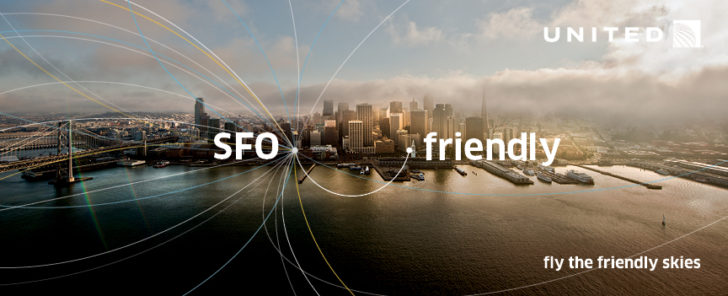With the many announcements made in recent months, either by Jeff Smisek’s successors or as a result of policies that Jeff initiated before he resigned, United has been trying to catch up to the competition. A new beverage policy for Premier 1K passengers matches what is available from competitors like American, Alaska, and (to some extent) Delta. The food is supposed to be getting better. And, yeah, they’re also trying to do good on their claim as “the friendly skies,” which hasn’t been true for a while.

According to Brian Sumers, a new policy will enable United employees to provide compensation for poor service and other issues on the ground. Many readers are probably more familiar with compensation for operational issues like a broken seat or an oversold or delayed flight.
In this case, the airline is just trying to enforce good service. Examples include:
Employee Conduct. Meant to “atone” for another employee who was rude to the customer.
Baggage. As a reward for customers who are willing to stay in the airport to wait for a checked bag that arrived late.
Appreciation. To thank a customer who helps a United employee. An example: A customer who is willing to give up a seat to a family or disabled person.
The baggage issue isn’t really about being nice, but the others definitely stand out and are examples of treating others as you’d like to be treated. (Frankly, if the bag comes late I’d expect the airline to deliver it to my house and provide compensation.) Not surprisingly, the rewards will be linked to status. Premier 1K members might get up to $125 vs. $50 for someone with no status.
The catch is that these aren’t things you can really complain to the airline about. Can you imagine how that conversation would go? “I gave up my seat and didn’t get anything for it. No fair!” Like most things in life, just be a good person and tolerate the occasional disgruntled employee. If your experience eventually yields a reward, that will be pleasant surprise. If it’s something that really needs to be addressed by the corporate office, then it’s probably beyond the scope of the new policy.

